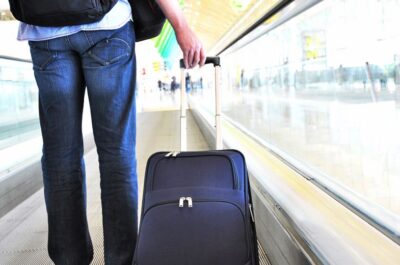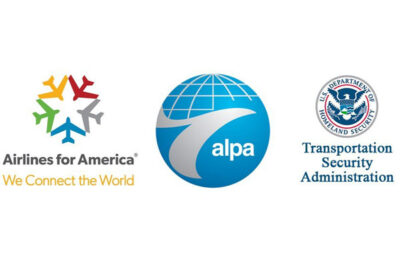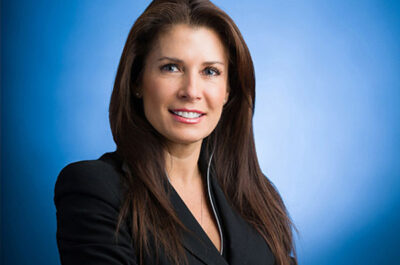According to Airlines for America, the airline industry trade group in Washington, DC, airline passengers are some of the most taxed individuals in the country. Passengers are taxed at a higher federal rate than alcohol and tobacco.
Mandatory travel taxes and user fees associated with flying fund nearly 80 percent of the FAA and Department of Homeland Security costs that deal with aviation. So, why are passengers being threatened with cutbacks in air traffic control and customs and border services that they pay for every time they fly, go through security or re-enter the country?
According to Airlines for America, the airline industry trade group in Washington, DC, airline passengers are some of the most taxed individuals in the country. Passengers are taxed at a higher federal rate than alcohol and tobacco.
- Since 1990, the number of aviation taxes/fees has increased from six to 17; the total amount of taxes paid by the industry has grown from $3.7 billion to $17 billion over the same period.
- The tax burden on a typical $300 round-trip ticket has nearly tripled since 1972, rising from $22 (7 percent) to $61 (20 percent).
- Annually, airlines and their customers contribute anywhere from $10 to $12 billion to the Airport and Airway Trust Fund; general aviation contributes more than $200 million.
- Airlines and their customers already incur $3.4-$3.8 billion per year in federally imposed security taxes/fees.
Here are the user fees passengers pay:
7.5 percent Excise Tax
9/11 Security Fee = $5 round-trip
Federal Segment Fee = $3.90 per takeoff or landing
Passenger Facility Charges (PFCs) = up to $18
When traveling internationally, passengers pay additional user fees to take off and land, to have passports checked and luggage inspected for customs.
International Departure Tax = $17.20
International Arrival Tax = $17.20
Immigration user fee = $7
Customs user fee = $5.50
U.S. Animal and Plant Health Inspection Service fee = $5
Therefore, since airline passengers pay user fees, lots of them, these travelers should not be penalized by sequester cuts because the funding they provide is separate and distinct.
In 2012, passengers paid $12.32 billion in excise taxes to keep the FAA operating — close to 80 percent of the FAA’s budget.
Plus, in 2012, taxes passengers paid provided $3.76 billion to the Department of Homeland Security. This amount goes to funding TSA security and Customs and Immigration at the borders.
For the administration to frighten airline travelers with threats of flight delays, cuts in TSA inspectors and longer customs and immigration lines when they are paying most of their way, is totally uncalled for.
“This is the ultimate case of cutting off your nose to spite your face,” Charles Leocha, director, Consumer Travel Alliance, says. “With cuts like these, the real consequence will be less revenue from travelers to fund both the FAA and Homeland Security.
“Surely there are ways to save without cutting services to airline passengers that they are actually funding directly every time they fly,” adds Leocha. “Washington budget cutters definitely need to step back and take another look.”
Tatiana is the news coordinator for TravelDailyNews Media Network (traveldailynews.gr, traveldailynews.com and traveldailynews.asia). Her role includes monitoring the hundreds of news sources of TravelDailyNews Media Network and skimming the most important according to our strategy.
She holds a Bachelor's degree in Communication & Mass Media from Panteion University of Political & Social Studies of Athens and she has been editor and editor-in-chief in various economic magazines and newspapers.































































































































































































































